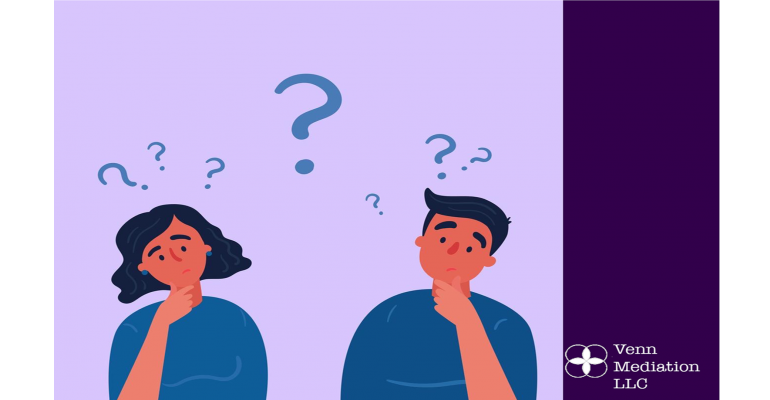"To jot or not to jot" - Taking notes during a mediation

"To jot or not“ Taking notes during a mediation
We’ve all seen it – whether in movies or in real life. The courtroom scene; lawyers scribbling notes while the witness gives testimony. Perhaps passing Post-It notes to the lead counsel. Very often this is what we see as being actively engaged while someone is talking.
Mediators vary on whether to take notes or not, and some go back and forth. But what about parties? What should you do during a mediation? Is note-taking a useful tool or a crutch that obstructs listening?
By Ehsan Ali and Alnoor Maherali
Like with most aspects of mediation, we give our clients the same information: that it is their choice. If jotting your thoughts and responses down so you don’t miss them, or having something to do with your hands, is helpful, that’s great! You should feel free to take notes.
Some people, however, find that writing everything down obstructs them from listening, thinking, or responding honestly. They may be able to repeat back what they just heard but did not actually process it. You should feel comfortable jotting down what you need without letting it keep you from listening. Mediation is not about capturing testimony, but being able to share your side of the story, and understanding the other side as well.
The desire to take notes can be further complicated by our requirement of confidentiality - for mediation to work, it must be confidential. That gives the parties the space and comfort to share their concerns without fear that they will be used against them in court. That’s why clients of Venn Mediation are provided a confidentiality agreement specifying that we protect our clients’ information to the maximum extent allowable by law. And our clients agree ahead of time to destroy any notes as Venn Mediation provides them with any final agreement or Memorandum of Understanding for their records.
A word on online mediation: teleconferencing can add an extra layer of complexity to regular meetings. In Venn Mediation’s online mediations, we encourage parties to take notes on their reactions and points. Particularly when the conflict is heated and there are strong feelings at stake. Why is that? Mediation requires us to hear both sides – which can be more difficult online when people are talking over each other and internet lag disrupts what otherwise would be a normal conversation.
This requires creativity on the part of the mediator(s) managing the process. In our experience, when an online mediation gets heated, a mediator can serve the parties well by adding a little more structure to the process to make sure the parties can hear each other. When parties jot notes down rather than interjecting and interrupting each other, everyone is able to hear and understand what everyone else is saying. With those additions, the mediation process can continue as seamlessly as if everyone is in the same room.
In summary, whether you’re a jotter or not, you should do what makes you comfortable. But if mediating online, maybe keep some paper close by. Disputes are never easy, but dispute resolution does not have to be. We’d love to help you with that.
Contact Us
Questions? Comments? Call today at (212) 960-8366 or fill out the form below:


